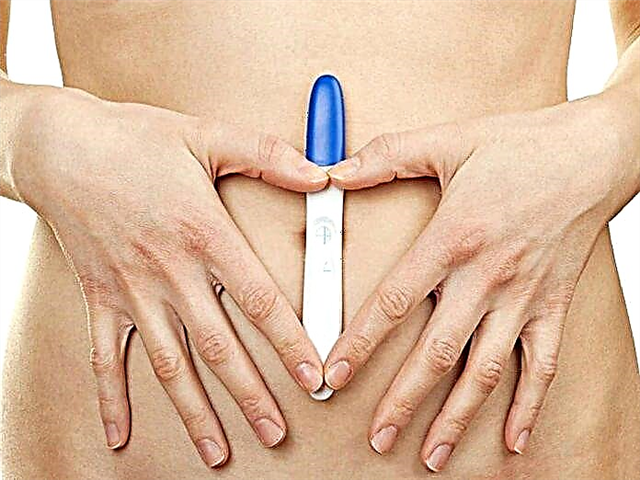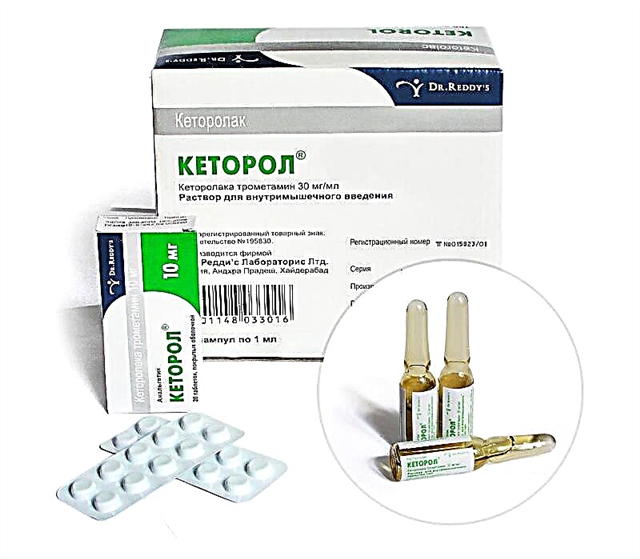
Vaccination against measles is on the national calendar, so all parents should learn about the features of such a vaccination in order to better understand whether their child needs it.
Why is the disease dangerous?
Measles is considered a very dangerous infectious disease with frequent deaths. Complications of this viral disease are otitis media, pneumonia, brain inflammation. They cause blindness, mental retardation, and damage to the organ of hearing.
The pros
Vaccination protects against measles by 96-98%. There are no specific drugs acting on the measles virus, so the only effective protection against such a virus is vaccination. Immunity after it lasts for more than 25 years.
The cons
- Vaccination can cause a severe allergic reaction if the baby is allergic to chicken egg proteins. This applies to imported vaccines, since Russian ones contain the proteins of quail eggs.
- Polyclinics offer mainly Russian vaccines, and if parents want to inoculate a baby with a foreign-made drug, they will have to buy it separately.

Adverse reactions and possible complications
Symptoms of a normal reaction to measles vaccine include fever (it often does not exceed 39 degrees), runny nose, redness of the throat mucosa, coughing, and rash. Such symptoms can appear from the fifth to the fifteenth day after the introduction of the vaccine in 10-15% of children. Within 2 days after the injection, in 10% of children, a local reaction is possible in the form of slight swelling, soreness and hyperemia. Such reactions do not require any special treatment and go away on their own.
Possible complications after measles vaccine administration include:
- Allergic reactions.
- Febrile seizures.
- Encephalitis, which occurs in 1 case in a million vaccinated babies (mainly with immunodeficiency). It is worth noting that when infected with measles, the incidence of encephalitis is 1 in 1000 cases.
How can complications be prevented?
It is important to consider the possible contraindications to the administration of the measles vaccine:
- The vaccine is not given for 3 months after the blood transfusion.
- Vaccination should not be performed in case of acute illness, immunodeficiencies, active tuberculosis, oncological diseases and exacerbations of chronic pathologies.
- The vaccine should not be given if the child has allergic reactions to chicken eggs and aminoglycoside antibiotics.
Should you get vaccinated?
It is worth recalling that measles infection occurs through airborne droplets, so it is very easy to get infected with the virus, especially if the child is attending a preschool or school. The virus infects the respiratory tract, causing severe bronchitis and pneumonia. In addition, for 6-12 months after such an illness, the child's immunity remains weakened, therefore, he very often develops respiratory diseases. So the measles vaccine is undoubtedly important.

Vaccination schedule
The acquisition of immunity against measles involves one vaccination and one revaccination. The vaccination against this infection is given at 12 months, and the revaccination period is 6 years. The second vaccine dose helps protect children who do not have a lasting immunity to the disease after the first vaccination.
For vaccination, both a monovaccine (dry measles vaccine, Ruvax) and a combined drug that protects, in addition to measles, from mumps and rubella (mumps-measles vaccine, Priorix, MMP-II) are used. The vaccine contains attenuated measles viruses.
E. Komarovsky's opinion
A well-known pediatrician, pointing out that the measles virus is very volatile, and the susceptibility of the disease is close to 100%, is sure that vaccination against measles is very important. Komarovsky calls this viral infection not the easiest, because it significantly reduces immunity and threatens with many complications. Therefore, vaccination against measles, in his opinion, is the best choice for any sane parent.
Training
Before being vaccinated, the child should be examined by a pediatrician to identify contraindications. You should also take blood and urine tests. If the child has any neurological problems, he is also examined by a neurologist. With an increased risk of allergies before vaccination, antihistamines are prescribed, which continue to give the baby 2 days after the injection.

How is the injection done?
Since the anti-measles vaccine is produced in dry form, it is diluted before administration in compliance with antiseptic rules. The drug is injected under the skin in the shoulder area or under the scapula.
What to do if side effects appear?
For many babies, the measles vaccine does not cause any side effects. But even if the child has local changes, rash, fever and catarrhal symptoms, they quickly pass without a trace. You can alleviate the baby's condition with the help of symptomatic treatment, for example, give the baby an antipyretic agent. If the parents notice a pronounced local reaction in the baby, the baby's temperature has risen above 39 degrees, or some other alarming symptoms have appeared, you should urgently call a doctor.




